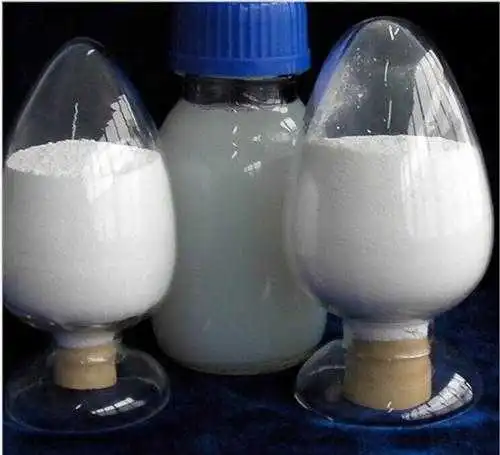Fenol (rumus kimia: C6H5OH, PhOH), uga dikenal minangka asam carbolic, hydroxybenzene, minangka zat organik fenolik sing paling gampang, kristal tanpa warna ing suhu kamar. beracun. Fenol minangka bahan kimia umum lan minangka bahan mentah sing penting kanggo produksi resin, fungisida, pengawet, lan obat-obatan tartamtu kayata aspirin.
Papat peran lan panggunaan fenol
1. digunakake ing industri oilfield, uga bahan mentahan kimia organik penting, karo iku bisa digawe resin phenolic, caprolactam, bisphenol A, asam salisilat, asam picric, pentachlorophenol, phenolphthalein, wong acetyl ethoxyaniline lan produk kimia liyane lan intermediet, ing bahan mentahan kimia sintetik, alkylphenols, alkylphenols, plastik. pharmaceuticals, pestisida, rempah-rempah, pewarna, lapisan lan industri panyulingan lenga Wis akeh aplikasi ing bahan baku kimia, alkil phenols, serat sintetik, plastik, karet sintetik, pharmaceuticals, pestisida, rempah-rempah, pewarna, lapisan lan industri panyulingan lenga.
2. Digunakake minangka reagen analitik, kayata pelarut lan modifier organik kanggo kromatografi cair, reagen kanggo penentuan fotometri amonia lan penentuan karbohidrat lapisan tipis. Uga digunakake minangka antiseptik lan disinfektan, lan digunakake ing sintesis organik. Digunakake akeh ing plastik, pewarna, farmasi, karet sintetik, rempah-rempah, lapisan, panyulingan minyak, serat sintetik lan industri liyane.
3. Digunakake minangka antioksidan kanggo fluoroborate timah plating lan timah alloy, uga digunakake minangka aditif electroplating liyane.
4. Digunakake ing produksi resin fenolik, bisphenol A, caprolactam, aniline, alkil phenol, lan liya-liyane.
Wektu kirim: Apr-10-2023





